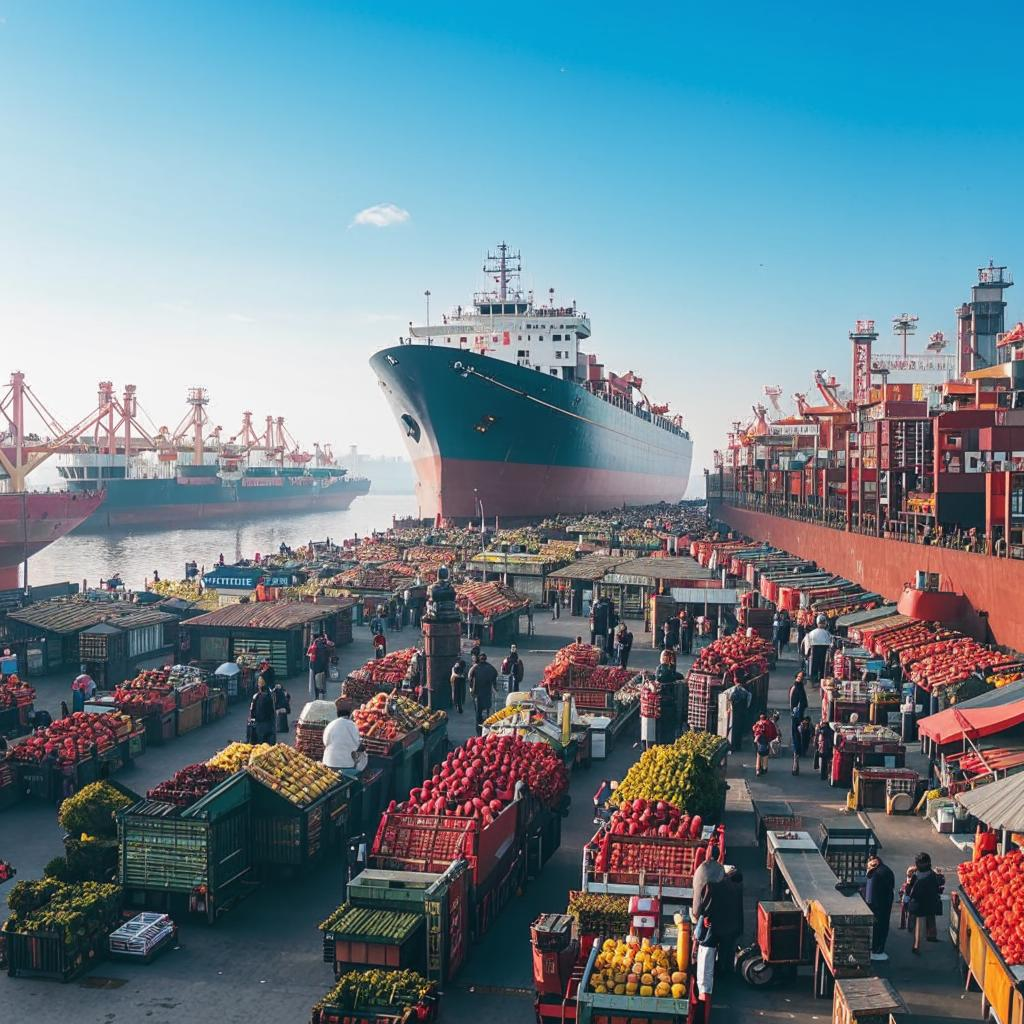The International Monetary Fund (IMF) has issued a stark warning regarding the potential impact of tariffs enacted under the Trump administration. According to the IMF, these tariffs, intended to protect domestic industries and address trade imbalances, pose a significant risk to the global economy and could trigger inflationary pressures.
The IMF’s analysis suggests that tariffs disrupt established supply chains, leading to increased costs for businesses. These costs are often passed on to consumers in the form of higher prices, resulting in inflation. Moreover, tariffs can escalate into trade wars, where countries retaliate with their own tariffs, further hindering international trade and economic growth.
Specifically, the IMF highlights that tariffs on goods from countries like China could negatively impact the U.S. economy by reducing consumer purchasing power and dampening investment. The uncertainty created by trade disputes can also discourage businesses from making long-term investments, further slowing economic growth.
While the intended goal of tariffs may be to boost domestic production, the IMF argues that the negative consequences outweigh any potential benefits. The organization urges countries to resolve trade disputes through negotiation and cooperation rather than resorting to protectionist measures that could harm the global economy. The warning adds to a growing chorus of concern from economists and international organizations about the potential risks of escalating trade tensions. The IMF emphasizes the need for policies that promote free and fair trade to foster sustainable economic growth and stability. These findings underscore the complex and interconnected nature of the global economy and highlight the importance of multilateral cooperation in addressing trade challenges. Failure to do so could have far-reaching consequences for both developed and developing countries.















